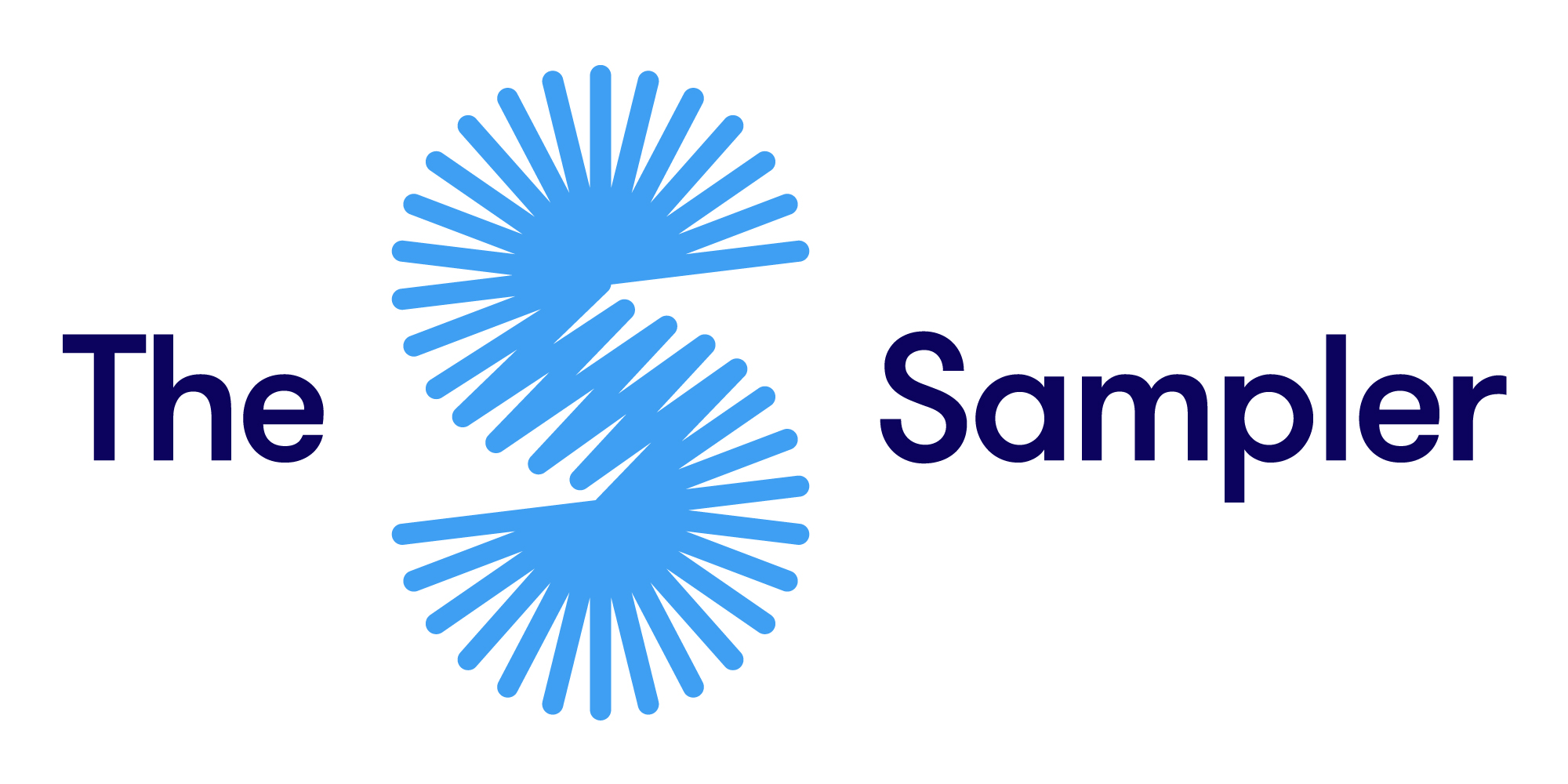
The Sampler was a platform run by Sound and Music between 2016-2024, showcasing new music events across the UK, commissioning editorial, and producing a weekly Mixtape.
In March 2024, we integrated The Sampler into the our main Sound and Music website, to reach even more people and bring your events closer to your audiences.
You can still find and list events, listen to our weekly Mixtape and advertise on our newsletter. Join us in this exciting new journey as part of the Sound and Music family.
Discover new music events near you. Filter by event type, genre, location, date, or use our interactive map to see upcoming events near you.
If you have upcoming new music and sound events, including gigs, festivals, workshops, previews or album launches, you can list them for free on our Events page, where they will be seen by thousands of visitors every month.
An hour of eclectic music, brought to you by unique hosts every week. The Sampler Mixtape goes live on Resonance FM on Fridays at noon, with a replay on Sundays at 3pm. We pay artists to host a mixtape so if you are interested in curating one, get in touch.
We offer one of the most affordable advertising packages, which targets thousands of new music fans across the UK on our newsletter, website and mixtape. We also offer discounts for individual artists starting from £10.
Download our advertising pack (pdf) or get in touch to discuss options
